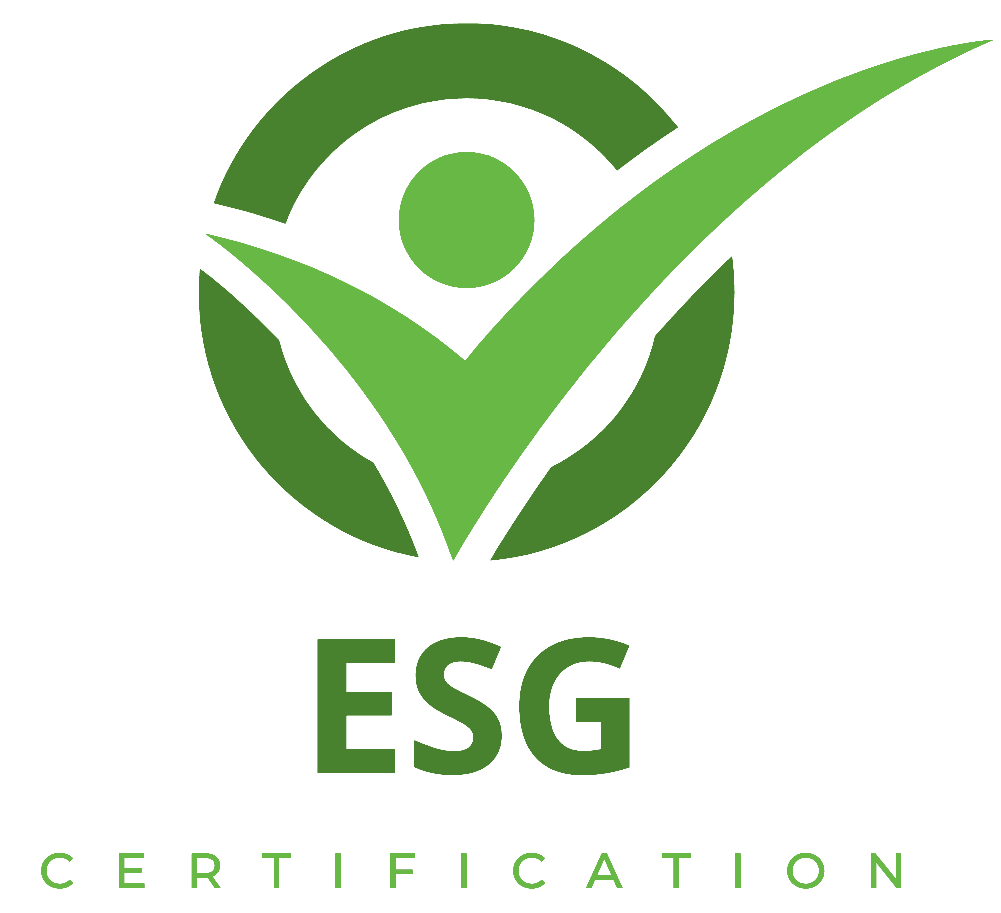CSRD and ESG in 2025: How to Prepare for the Future of Corporate Reporting?

CSRD in 2025: What Companies Need to Know About the New Corporate Sustainability Reporting Directive
In 2025, the European Union is introducing new standards for transparency and accountability that will transform how companies report on their Environmental, Social, and Governance (ESG) practices. The driving force behind this change is the Corporate Sustainability Reporting Directive (CSRD), which replaces the previous Non-Financial Reporting Directive (NFRD).
What is CSRD?
The Corporate Sustainability Reporting Directive (CSRD) is a regulatory framework requiring companies to report information about their impact on the environment, society, and corporate governance. The directive's primary goal is to enhance the quality, transparency, and comparability of ESG data.
Unlike the NFRD, which covered a smaller number of companies and required limited non-financial data, the CSRD introduces a broader scope and specific reporting requirements.
CSRD in 2025: What Companies Need to Know About the New Corporate Sustainability Reporting Directive
In 2025, the European Union is implementing new standards for transparency and accountability that will transform how companies report on their Environmental, Social, and Governance (ESG) practices. The driving force behind this change is the Corporate Sustainability Reporting Directive (CSRD), which replaces the previous Non-Financial Reporting Directive (NFRD).
Which Companies Are Subject to CSRD?
The directive significantly expands the scope of affected companies, including:
Large companies in the EU that meet at least two of the following criteria: More than 250 employees. Annual turnover exceeding €40 million. Balance sheet total exceeding €20 million.
Small and Medium-Sized Enterprises (SMEs) whose shares are traded on regulated markets, excluding micro-enterprises.
Foreign companies that generate more than €150 million in annual turnover within the EU and have significant operations in the region.
Key Requirements of CSRD
- Preparation of ESG Reports According to the European Sustainability Reporting Standards (ESRS):
- Companies are required to report information about their carbon emissions, resource management, social initiatives, and governance structures.
- The reports must be based on scientifically grounded methodologies and include both financial and non-financial aspects.
- Audit of Reports:
- ESG reports must undergo independent audit or certification to ensure the reliability and accuracy of the information provided.
- Digitization of Data:
- Companies must publish ESG information in a digital format that is accessible and easily analyzable.
- Transparency About Future Risks:
- Companies must analyze and report on future risks related to climate change and social factors, as well as their impact on the business.
When Do the CSRD Requirements Come Into Effect?
CSRD will be implemented in phases to allow companies time to adapt:
- 2024 : Companies already covered by the NFRD must start reporting under the new standards.
- 2025 : All large companies not previously covered by the NFRD must begin ESG reporting.
- 2026 : Small and medium-sized enterprises (SMEs) whose shares are listed on stock exchanges will also be included under the scope of CSRD.
Benefits of Compliance with CSRD
- Attracting Investors:
- ESG reporting increases investor confidence and improves access to capital.
- Sustainable Competitive Advantage:
- Companies that integrate ESG into their strategy position themselves as leaders in sustainability.
- Risk Reduction:
- Preparing for ESG reporting helps identify and manage risks related to climate change and social issues.
- Regulatory Compliance:
- Complying with CSRD requirements prevents sanctions and enhances the company’s reputation.
CSRD represents a new phase in corporate reporting, requiring companies to be more transparent and accountable in their ESG practices. Despite the challenges, these changes offer significant opportunities to enhance reputation, attract investments, and achieve sustainable growth. If you haven’t started preparing for CSRD yet, now is the time to act – the future of business depends on sustainability.
